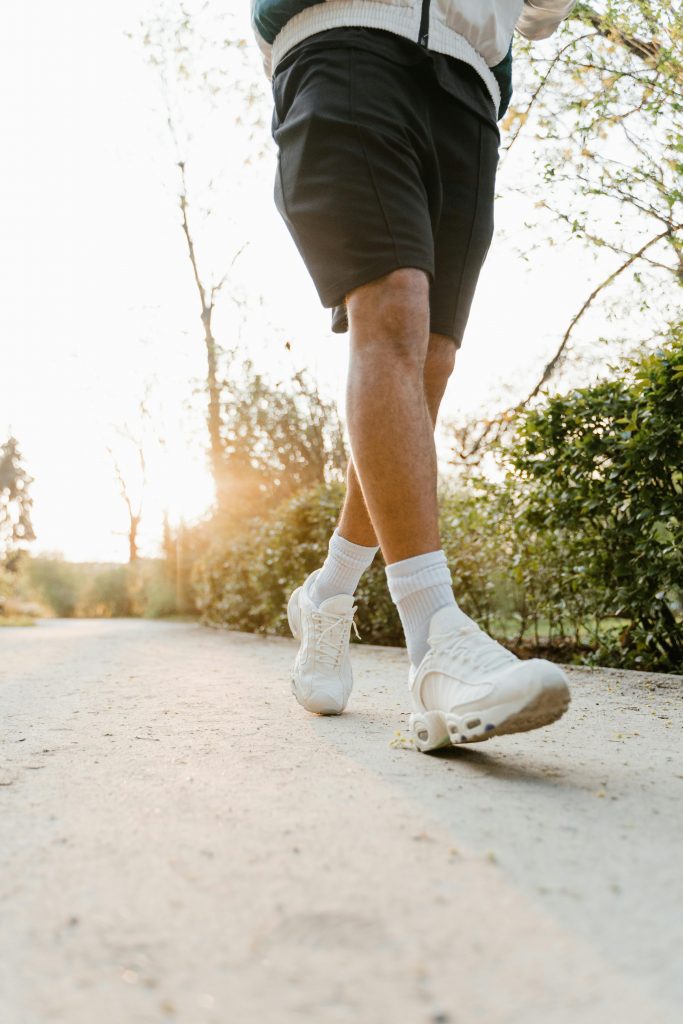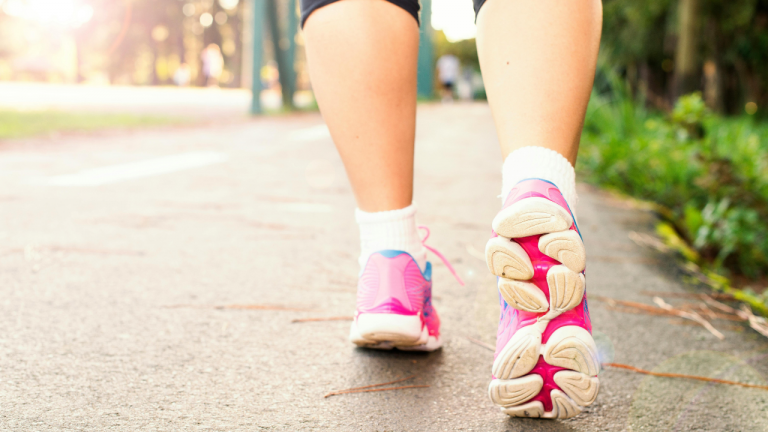You must have heard that after having a heavy meal you need to move your body to help with digestion, this is one of the reasons you would be advised not to eat very late at night when the only thing you’ll do after eating is go straight to bed.
You can choose however you want to move your body after a meal, it can be a young exercise, or a few minutes of jogging, depending on what time of the day. The simplest way to go around this is walking, you can take a stroll and help the food find its way around your body.
This is what walking does to your body after a meal:
Improves digestion:
As mentioned before, walking helps your body with digestion. Healthline states that “Body movement can aid your digestion by promoting stimulation of the stomach and intestines, causing food to move through more rapidly. Walking the equivalent of 10 hours per week prevents cancer in the digestive system.”
Manages blood sugar levels:
According to HCA Florida Healthcare, walking after eating can help regulate blood sugar levels. A study in Sports Medicine found that walking gradually lowers blood sugar levels than standing or sitting. “You don’t need to take a long walk to reap the benefits — two to five minutes should do the trick. It’s also best to start walking as soon as possible after finishing a meal since blood sugar levels tend to spike between 60 and 90 minutes after eating.”

Assists in weight management:
The GoodRx Health publication states that taking a stroll helps in weight loss and management by burning calories. Although it is mentioned that there’s not enough research to support this notion, “Some research suggests that shorter bouts of walking may be better for weight loss than one continuous walking session. So, walking after eating is a great way to squeeze in multiple daily sessions.”
Enhances better sleep:
“Walking after dinner particularly helps regulate circadian rhythms; it enhances the body’s natural sleep-wake cycle, making it easier to fall asleep and enjoy deeper, restorative rest,” states Dr. Heather Viola, a primary care physician. She adds that walks can alleviate post-meal stomach discomfort and promote comfortable and uninterrupted sleep throughout the night.
ALSO SEE: What’s causing your heartburn? (and how to prevent it)
Feature image: Pexels
Words: This article was originally written and published by Qaqamba Falithenjwa for BONA Magazine.

